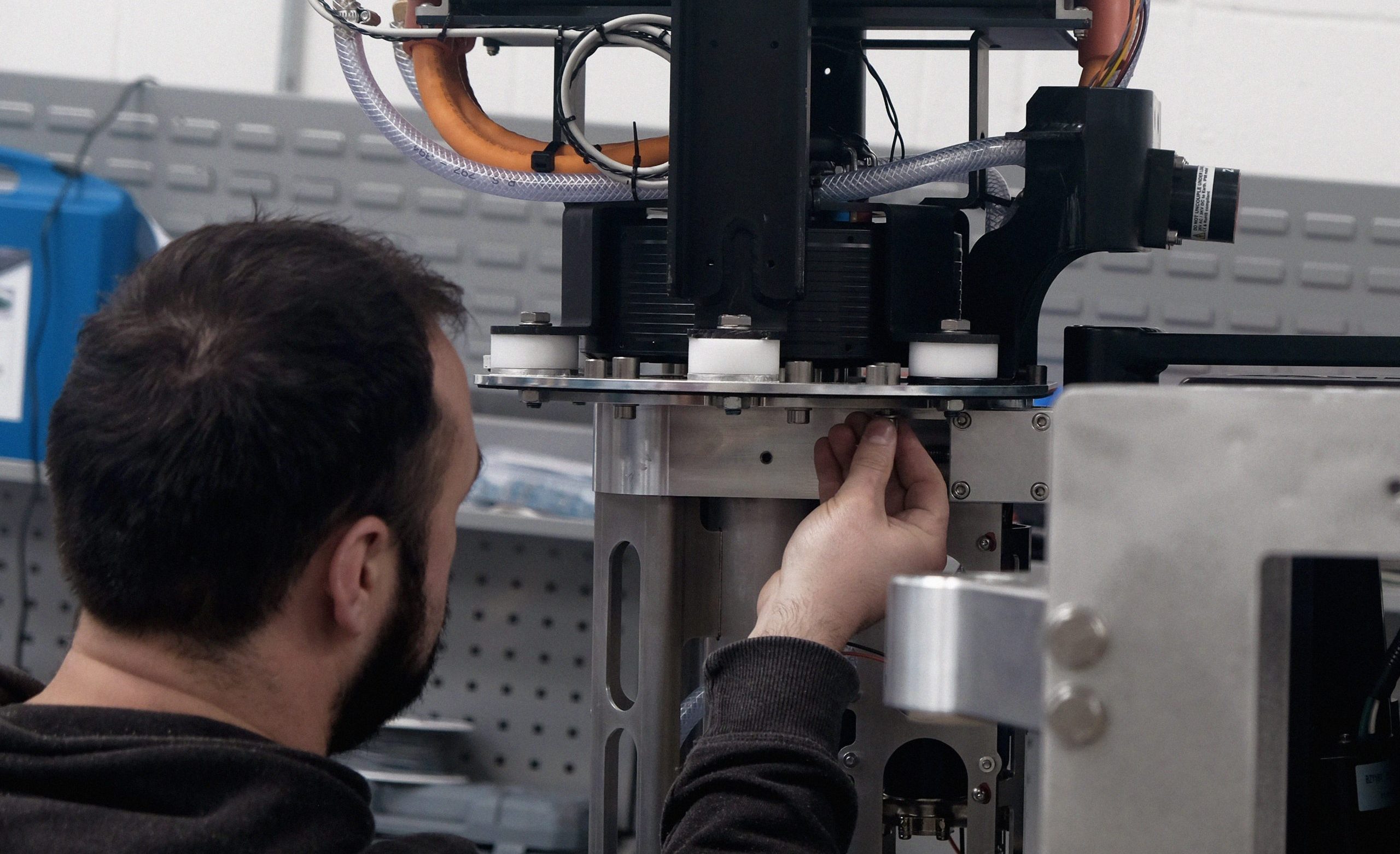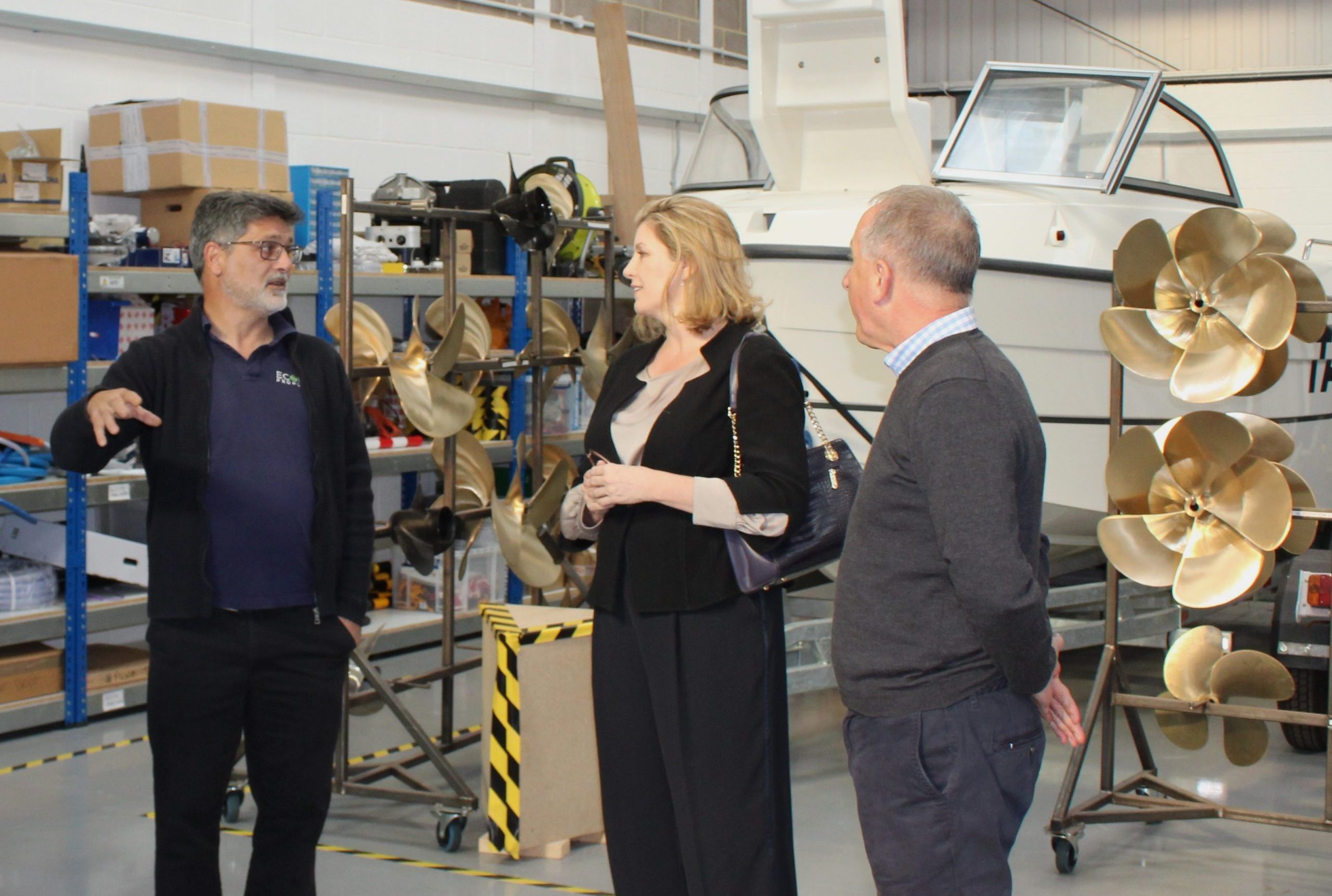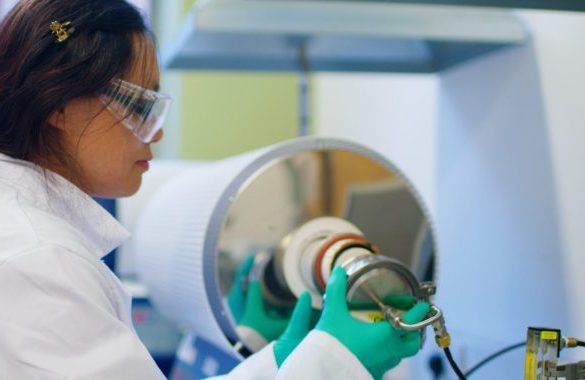Posted: 18 November 2021

Ecomar Propulsion with their project partners, The University of Exeter, University of Plymouth and Serco Limited are delighted to announce the success of their application to the Clean Maritime Demonstration Competition Strand 2. The total project award is £1.4m.
The ‘twin motor, zero emission powertrain for commercial workboats’ project is part of the Clean Maritime Demonstration Competition, funded by the Department for Transport and delivered in partnership with Innovate UK.
Announced in March 2020, and part of the Prime Minister’s Ten Point Plan to position the UK at the forefront of green shipbuilding and maritime technology, the Clean Maritime Demonstration Competition is a £20m investment from government alongside a further c.£10m from industry to reduce emissions from the maritime sector. The programme is supporting 55 projects across the UK, including projects in Scotland, Northern Ireland and from the South West to the North East of England. As set out in the Clean Maritime Plan (2019), Government funding has been used to support early stage research relating to clean maritime. The programme will be used to support the research, design and development of zero emission technology and infrastructure solutions for maritime and to accelerate decarbonisation in the sector.
This project follows on from a previous feasibility study with Ecomar and The Centre for Future Clean Mobility (CFCM) at the University of Exeter, who are now joined by the University of Plymouth and Serco limited on this joint project which will remove 5 million tonnes of CO2 from the marine industry within 10 years.
Professor Chris Smith, Director of CFCM, said “This project marks the birth of a new industry, based in the South West and South Coast, innovating and growing to meet the demand from the expanding market for zero emissions propulsion systems in the maritime sector.” The CFCM exists to research and develop new zero emissions powertrains for heavy land vehicles and vessels such as work boats and ferries.
Ecomar’s Senior Executive Director, Anthony Bennett stated “The project will rapidly electrify and de-carbonise highly polluting marine workboats using powerful twin engines, powered by electricity and hydrogen fuels. This is a major step in the move towards a sustainable marine environment and assisting the economic recovery and resilience of the maritime sector. As a company we are creating many new roles in this new area of green technology”.
Serco Limited are a provider of key public services working across a variety of sectors, including Transport and Defence. As part of Serco’s Defence Maritime Services business, they have been working on a number of workstreams looking into decarbonising their fleet, as they aim to align with the UK Government’s target of becoming a ‘net zero’ emitter by 2050. Mike Hayes, Serco’s Maritime Portfolio Manager, explained that “Serco are delighted to be partnering with Ecomar Propulsion, as well as Plymouth and Exeter Universities, in their winning CMDC bid”.
The success of this project will help to create new high value jobs in the green economy and assist in making a positive balance of trade for the UK. The group aim to maximise the speed of the UK’s shift towards a green economy and push towards a net zero carbon shipping industry. The project will help to develop the wider UK “Green” supply chain and make the UK a leader in an increasingly dynamic sector.
Non-polluting net zero propulsion will rapidly reduce maritime carbon pollution and prevent job losses. Changes to major industrial sectors like shipping are the foundation for clean economies of the future. This project helps drive a critical change of emphasis from fossil fuelled economies to a green economy.
Dr Richard Pemberton, Principal Investigator for the University of Plymouth, “The aims and objectives laid out in the Government’s Clean Maritime Plan represent a real challenge to the Marine Industry in terms of how it addresses emissions. Our background in Marine Design, Fluid Dynamics and Maritime Regulation mean we are well placed to support our partners in taking up the challenge of how, as an industry, we manage the move away from fossil fuels.”
Building on the UK’s existing expertise, this project will deliver world class, fully functional machines, capable of operating reliably in the most dangerous marine environments.






